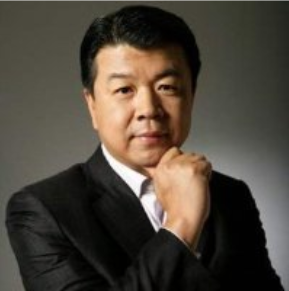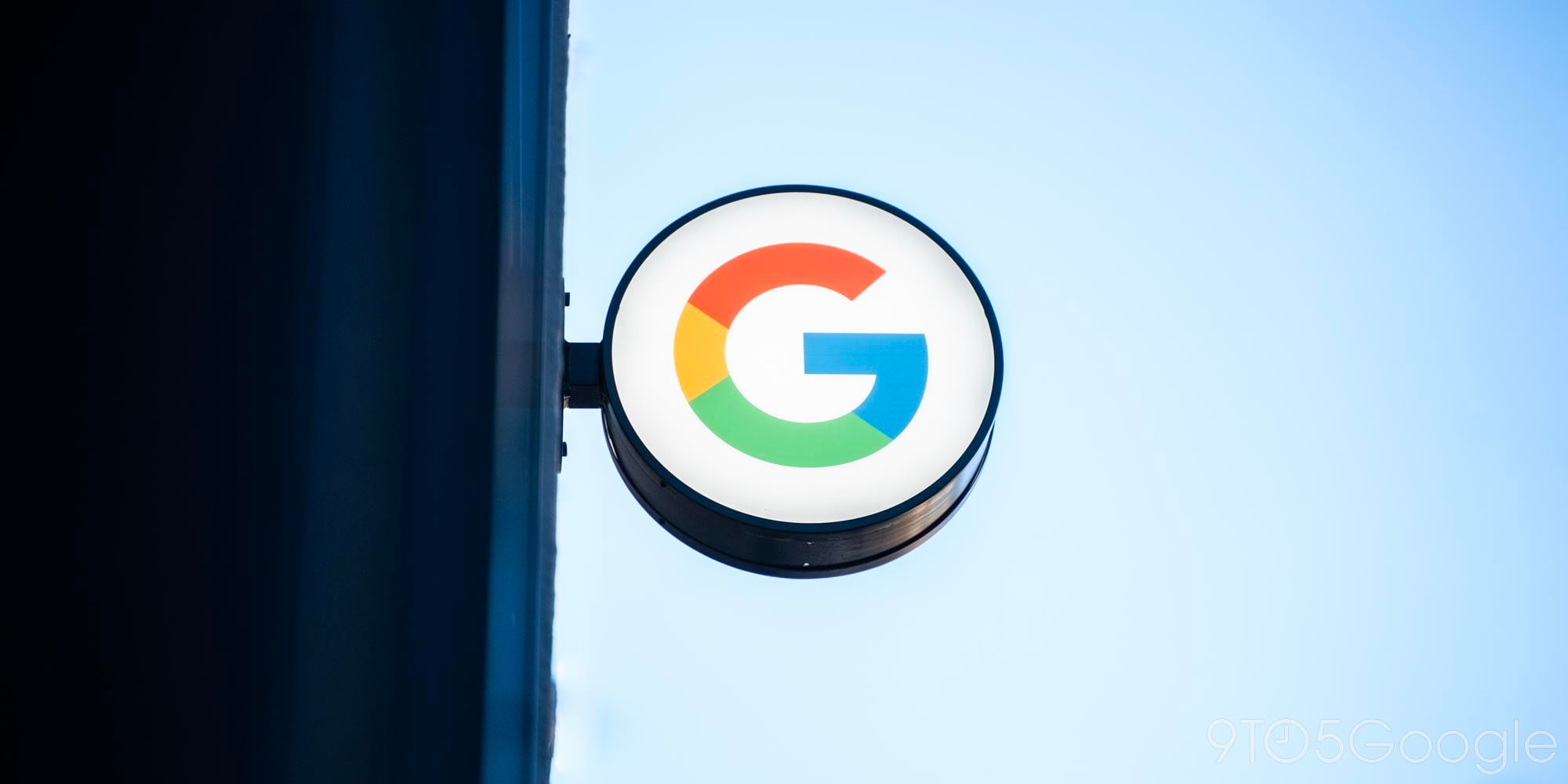
TNW reports that Dr John Liu, Google’s head of business in China since 2006, is leaving the company.
Liu — who earned his doctorate from Tekniske University in Denmark — will leave in August having presided over a period of great change for Google in China, which included the Internet giant’s controversial exit from the country in 2010 following allegations that the Chinese government hacked into email accounts belonging to activists.
Liu took on the role when Google launched its controversial China-based google.cn search-engine, which was subject to censorship by the Chinese government. This was China’s condition for allowing Google to operate in the country. Following alleged hacking of Google accounts belonging to political activists in the country, Google announced that it would be reviewing its operations in China, and soon afterwards redirected its search traffic there to Hong Kong …
As a result, Google’s share of the search market in China fell to just two percent, with very limited additional operations in web services and mobile ads.
Google issued a short statement confirming Liu’s departure:
After nearly 6 years leading our China business, Dr. John Liu has decided to pursue other opportunities. Dr. Liu has been instrumental to developing Google’s business in China and we are grateful for his contributions. We will miss him and wish him the best of luck.
Scott Beaumont, responsible for Google’s partnerships in Europe, is taking on the China role from next month.






